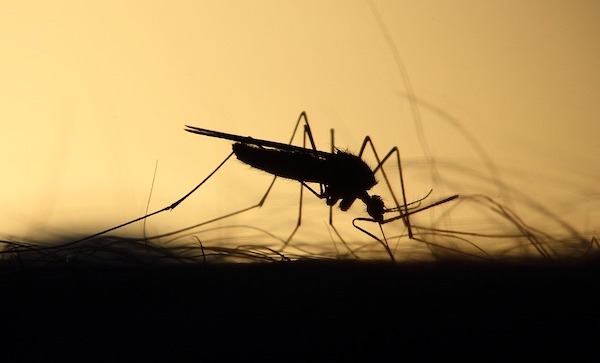
By Finau Fonua
An Otago University study is proposing that malaria in the past may have shaped the genome of Pacific people today, resulting in a genetic predisposition to Non-Communicable Diseases (NCDs) such as diabetes and gout.
The elevated levels of uric acids found in many Pacific Islanders, which can strengthen the immune response to the mosquito-borne disease, are also what causes the inflammatory reactions in gout. “Pacific people have their own genetic variants,” says Dr Ana Gosling of the Department of Anatomy at Otago University.
Pacific Island countries are consistently ranked among the most obese in the world including Tonga, so the study is important in adding depth to the understanding of why this is happening.
The research led by Dr Gosling, looks at how the high rates of NCDs among Pacific Island countries such as Tonga may have arisen from an inherent genetic resistance to malaria from early Pacific Island settlers.
“The research is studying the whole evolutionary history of Pacific Island people and the process of settling the Pacific and the different environments they encountered that may have contributed the distribution and prevalence of metabolic diseases in the Pacific, because we often hear reports about diabetes and gout in places like Tonga and Samoa,” says Dr Gosling.
“Pacific people have got their own genetic variation that has arisen because of their own evolutionary history because they’ve been separated off from the rest of the world for a few thousand years. In that time, Pacific people have come up with new genetic variants that have helped them survive the new environments that they were in or just have changed due to chance.”
Dr Gosling saya that the predisposition to diseases like gout and diabetes may have arisen from a genetic resistance to malaria in the form of elevated levels of ‘serim-uric’ acids present in the body. These elevated levels may have actually benefited early Pacific Islanders because elevated levels of uric acids can strengthen the immune response to malaria – a mosquito born disease which may have been prevalent to Polynesians in the past.
“One of the hypothesis that we are wanting to look into is whether the elevated serum-uric levels which cause things like gout and are present in diabetes contributes to some pathogenesis that could have been beneficial in the past”,
“Crystalized uric acid is what causes the reactions in gout, it’s an inflammatory compound. This is actually also involved in the process of malaria response when malaria invades your red blood cells”.
Dr Gosling believes that in the long term, her research could help in the development of more effective NCD medications for Pacific Islanders.
“This could help develop drugs that could better help Pacific people. We can hopefully tailor medications that are tailored to help Pacific people combat these metabolic diseases. That’s our long term plan.”




